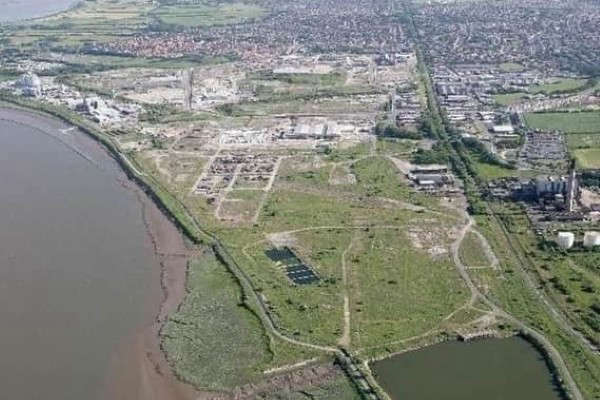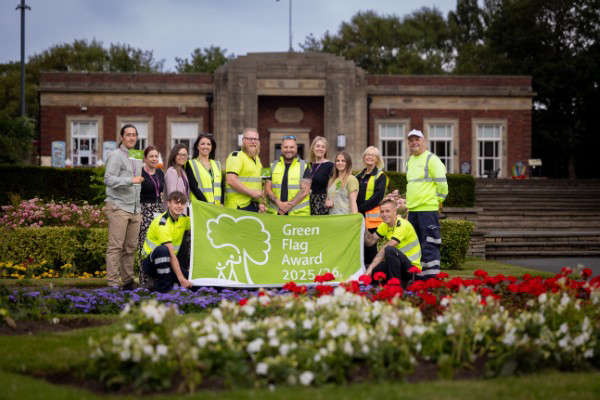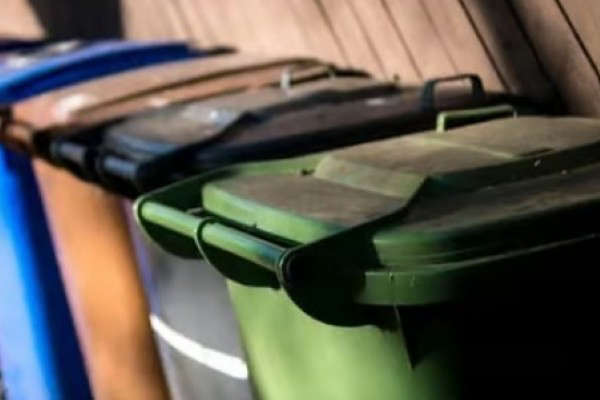
Investigations into potential chemical contamination in Thornton have determined one area as ‘high priority’ for needing further soil sampling.
The latest results have helped to illustrate where the chemical Perfluorooctanoic Acid (PFOA) – a substance linked to cancer – has been found in soil within 500m of Hillhouse Technology Enterprise Zone, and to what concentration.
However, despite the presence of the chemical being detected in the soil of some areas, Wyre Council has been keen to state that no areas have been determined as contaminated under Part 2A of the Environmental Protection Act 1990 at this time.
Concerned residents will have the chance to ask questions at a community drop-in session and make sense of if, how and to what extent the areas they live in have been affected.
The session takes place at Thornton-Cleveleys Football Club on Wednesday July 23 at 4pm – 7pm. There is no need to book and anyone can attend.
PFOA is a chemical that was used at the former ICI site – part of which is now operated by AGC Chemicals Europe Ltd – between the 1950s and 2012.
It has been classified as “carcinogenic to humans” by the International Agency for Research on Cancer (IARC), meaning it is considered to have the potential to cause cancer.
The multi-agency investigation into potential historic contamination from the site was launched by Wyre Council last year under Part 2A of the Environmental Protection Act 1990 to consider whether PFOA had been released to air and deposited onto the ground in the local area.
The investigation is being carried out by the Environment Agency, with support from partners including UK Health Security Agency, Lancashire County Council and the Food Standards Agency.
The latest phase of the investigation, carried out earlier this year, saw shallow soil samples collected from 63 locations within 500m of the Hillhouse Technology Enterprise Zone. Sampling locations were selected by the Environment Agency using a scientifically-sound grid-based pattern.
The latest available data shows:
- The majority of areas within 500 metres of Hillhouse Technology Enterprise Zone are considered lower priority for further sampling at this time based on published precautionary screening values used to assess risk for a residential land use scenario.
- An area to the southeast of the Hillhouse Technology Enterprise Zone is considered to be higher priority where results warrant a further phase of inspection. This is scheduled to begin in autumn 2025.
- One area considered to be lower priority; to the northwest, will also be sampled further to reinforce the validity of the data. This is standard practice and will help confirm concentration patterns and support preliminary conclusions that this zone presents a lower risk.
Letters will also be sent to householders whose properties were sampled as part of the Phase 2 programme.
Current advice from UK Health Security Agency is that local residents should continue to enjoy using their garden space as normal and to follow usual hygiene precautions by washing hands thoroughly after working or playing in the garden or allotment, especially when in contact with soil and before handling food or drink.
Current advice from the Food Standards Agency is for residents to wash and peel any produce grown in the soil within 1km of Hillhouse Technology Enterprise Zone in order to remove any soil or dust before eating.
What the council says
A spokesperson for Wyre Council, on behalf of the multi-agency investigation, said: “Analysis of the Phase 2 soil samples collected confirms that more detailed sampling is now required in an area to the southeast of the Hillhouse site.
“We know that this is likely to cause concern for many people. However, it’s important to note that no part of the area has been formally determined as contaminated, this simply indicates that further information is required. This further testing will take place this autumn to provide more detailed information to the investigation team.
“An investigation of this type is complex and does take time but please be assured that finding the answers on behalf of our community is an absolute priority for us. We are working with our partner agencies to make sure the process is carried out as quickly – but robustly – as possible.”

 Norcross roundabout is dangerous and still needs highlighting, says MP
Norcross roundabout is dangerous and still needs highlighting, says MP
 New adventure golf scheme to go before planners next week
New adventure golf scheme to go before planners next week
 Raising the Green Flag across Blackpool Parks
Raising the Green Flag across Blackpool Parks
 Resort residents react to major changes planned for bin collections
Resort residents react to major changes planned for bin collections
 Lancashire Police send serious message to all drivers
Lancashire Police send serious message to all drivers
 Lancashire Police name Response Officer of the Year
Lancashire Police name Response Officer of the Year


